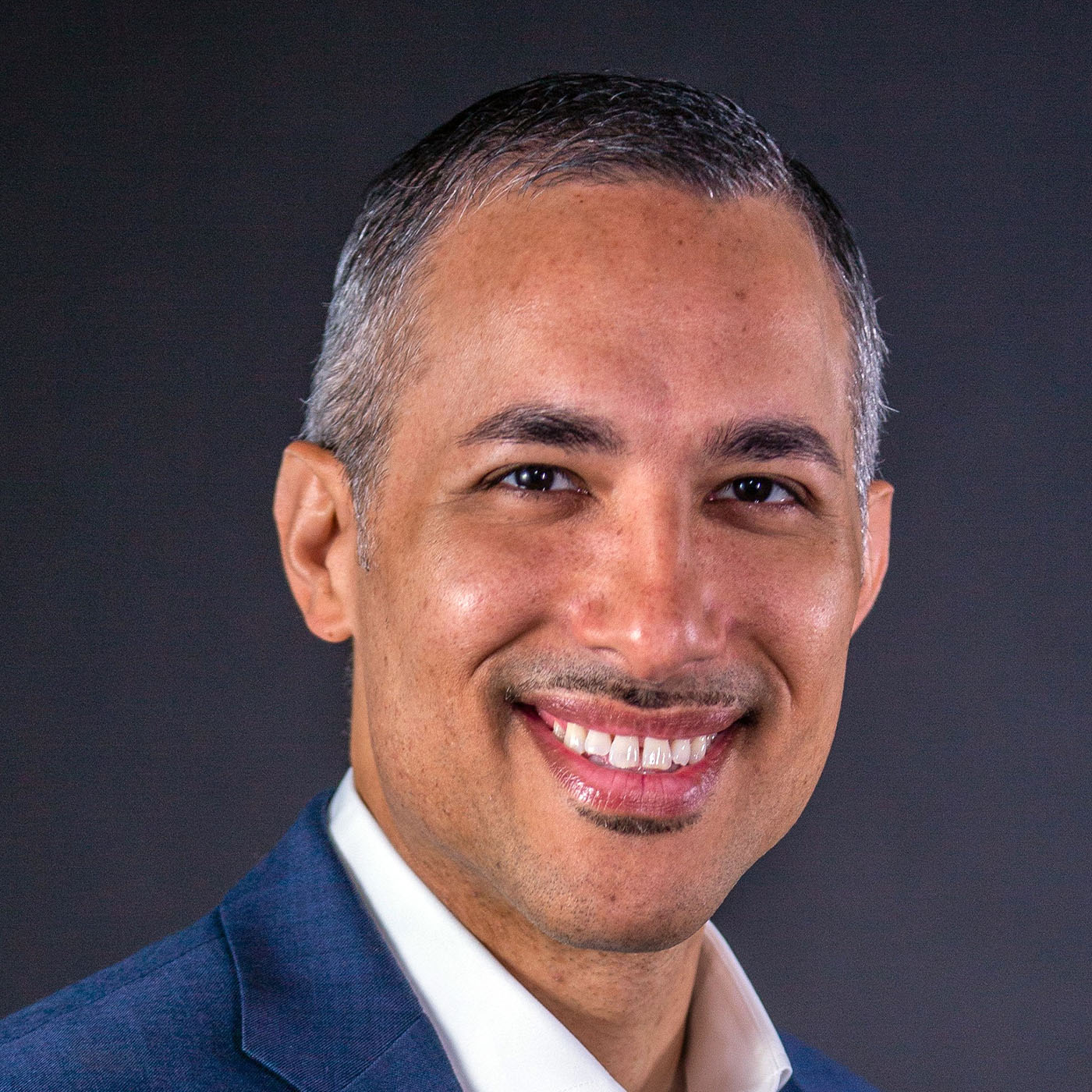Economic and Political Inequality: A Threat to Public Health
Session 1 of our 8th Annual Social Justice Series
Author of “ The Political Determinants of Health”, will provide a thought provoking keynote address on the American process of politics and economics as a determinant of health and why we must address political determinants to create a socially just and healthy society.
Featuring:

Daniel E. Dawes, J.D.
Co-founder of Poor People’s Economic Human Rights Campaign
Daniel E. Dawes, J.D., is a widely respected healthcare and public health leader, health policy expert, educator, and researcher who serves as executive director of the Satcher Health Leadership Institute at Morehouse School of Medicine and a professor of health law, policy and management. A trailblazer and nationally respected voice in the health equity movement, his scholarship and leadership, particularly the innovative political determinants of health framework that he pioneered, have resulted in increased policies and laws prioritizing health equity. By tackling upstream determinants of health, he has ventured into such uncharted territory as the intersection between equity and the social and political determinants of health to change the course of domestic and global policies for the better.
His groundbreaking works,150 Years of ObamaCare, which document the health equity movement in America and elevates the health equity-focused provisions of the Affordable Care Act that he led in negotiations and formulation, andThe Political Determinants of Health, which provides an in-depth lens on the root causes of inequities, both published by Johns Hopkins Press are now nationally and internationally recognized and used as top health policy books. His passion for addressing health inequities is exemplified in his unyielding commitment to building collaboratives, including the HHS grant-funded National COVID-19 Resiliency Network and the Health Equity Leadership & Exchange Network, both exist to leverage evidence-based research and develop actionable solutions to advance health equity.
Professor Dawes’ work focuses on health reform, health equity, mental/behavioral health inequities, social and political determinants of health, poverty, and health system transformation. His work bridges research, technology, healthcare, population health and public health –the translation of research discoveries into all communities, including under-resourced, vulnerable, and marginalized communities. Professor Dawes brings a forward-thinking, inclusive, and multidisciplinary approach to address issues impacting diverse populations in urban and rural communities in our progressively complex health system, including a nationalstudy examining the health and economic impact of mental health inequities in the United States and a major research project which created the nation’s first health equity tracker. Among his many achievements, he was an instrumental figure in developing and negotiating the Mental Health Parity Act, the Genetic Information Nondiscrimination Act, the Americans with Disabilities Act Amendments Act, and an architect of the Affordable Care Act’s health equity-focused provisions, among other landmark federal policies.
Professor Dawes is an elected member of the National Academy of Medicine and an elected fellow of the New York Academy of Medicine. He serves as an advisor to The White House COVID-19 Health Equity Task Force, an appointed member of the CDC’s Advisory Committee to the Director and co-chair of the CDC’s Health Equity Working Group, as well as an appointed member of the NIH’s National Advisory Council for Nursing Research. Highly respected for his ability to achieve sound policy changes in a nonpartisan manner; Professor Dawes serves or has served on several boards, commissions and councils focused on improving health outcomes and elevating health equity in the United States and around the world, including the Centers for Disease Control and Prevention (CDC) Subcommittee on Health Disparities, the National Center for Civil and Human Rights -Health and Human Rights Institute Advisory Committee, the Robert Wood Johnson Foundation’s Policies for Action National Advisory Committee, the National Football League/National Football League Players Association’s National Committee on the Racial Disparities of COVID-19, the National Medical Fellowships Primary Care Leadership Program’s National Advisory Committee, the Hogg Foundation for Mental Health National Advisory Council, the Healthcare Georgia Foundation Board of Directors, the Alliance for Strong Families and Communities Board of Directors, the National League of Cities National Advisory Board, the CDC Foundation’s Community COVID Coalition Advisory Group, and the Children’s Mental Health Network National Advisory Council. He is an advisor to international, national, regional, state, and municipal policymakers as well as think tanks, foundations, corporations, and nonprofit organizations.
